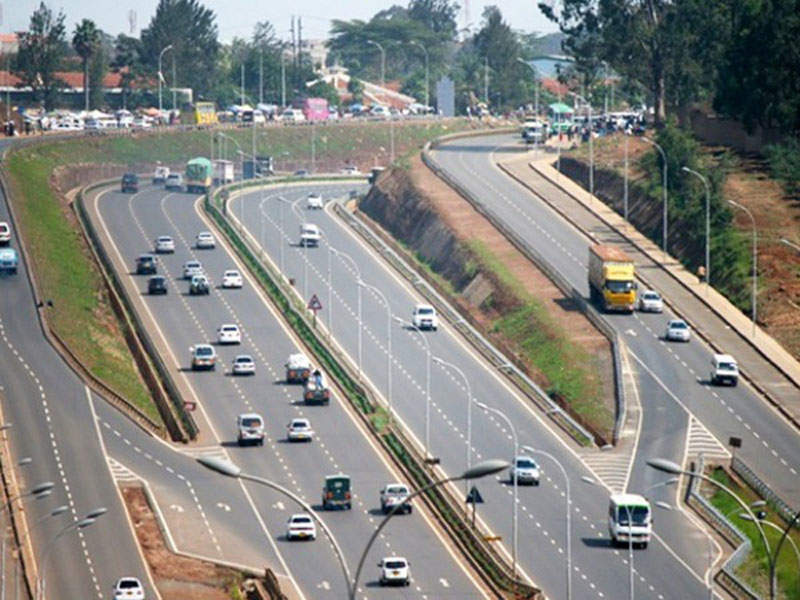Kenyan businesses and households are set to grapple with more expensive power bills after the fuel cost levy hit a 13-month high.
Data released by the Energy and Petroleum Regulatory Authority (EPRA) placed the Fuel Cost Charge (FCC) for January at Ksh2.58 per kilowatt hour. It represents the highest figure since December 2019 when the levy was Ksh2.65 per kilowatt hour.
The January fuel cost charge represents an increase of Ksh0.02 from December 2020.
It marks the end of a trend where FCC had maintained at Sh2.56 per kilowatt an hour for the three months to December 2020.
The increased power costs present a new challenge for many individuals, families and businesses whose economic fortunes have been negatively impacted by the Covid-19 pandemic.

Millions of Kenyans have lost their sources of incomes or seen their earnings reduce as a result of widespread job cuts and business closures.
READ>>>>>Fuel Prices Hike: Kenyans to Pay More for Petrol, Diesel, Kerosene
The levy increase was confirmed a day after EPRA announced an increase in pump prices for fuel – super petrol, diesel and kerosene.
Many low-income households who depend on kerosene for lighting and cooking will have to dig deeper as Kerosene prices were increased by Ksh3.56 per litre
Pump prices for Super Petrol and Diesel were raised by Ksh0.17 per liter and Ksh4.57 per litre respectively.
Super Petrol, Diesel and Kerosene will thus retail at Kshs.106.99, Kshs.96.40 and Kshs.87.12 per litre respectively.
The increase in the price of Diesel, the largest since July 2020, was driven by rising crude oil prices in the international market.
EPRA noted that the rise in pump prices was also driven by increased landed costs – the total charge associated with getting a shipment to its destination.












Leave a comment